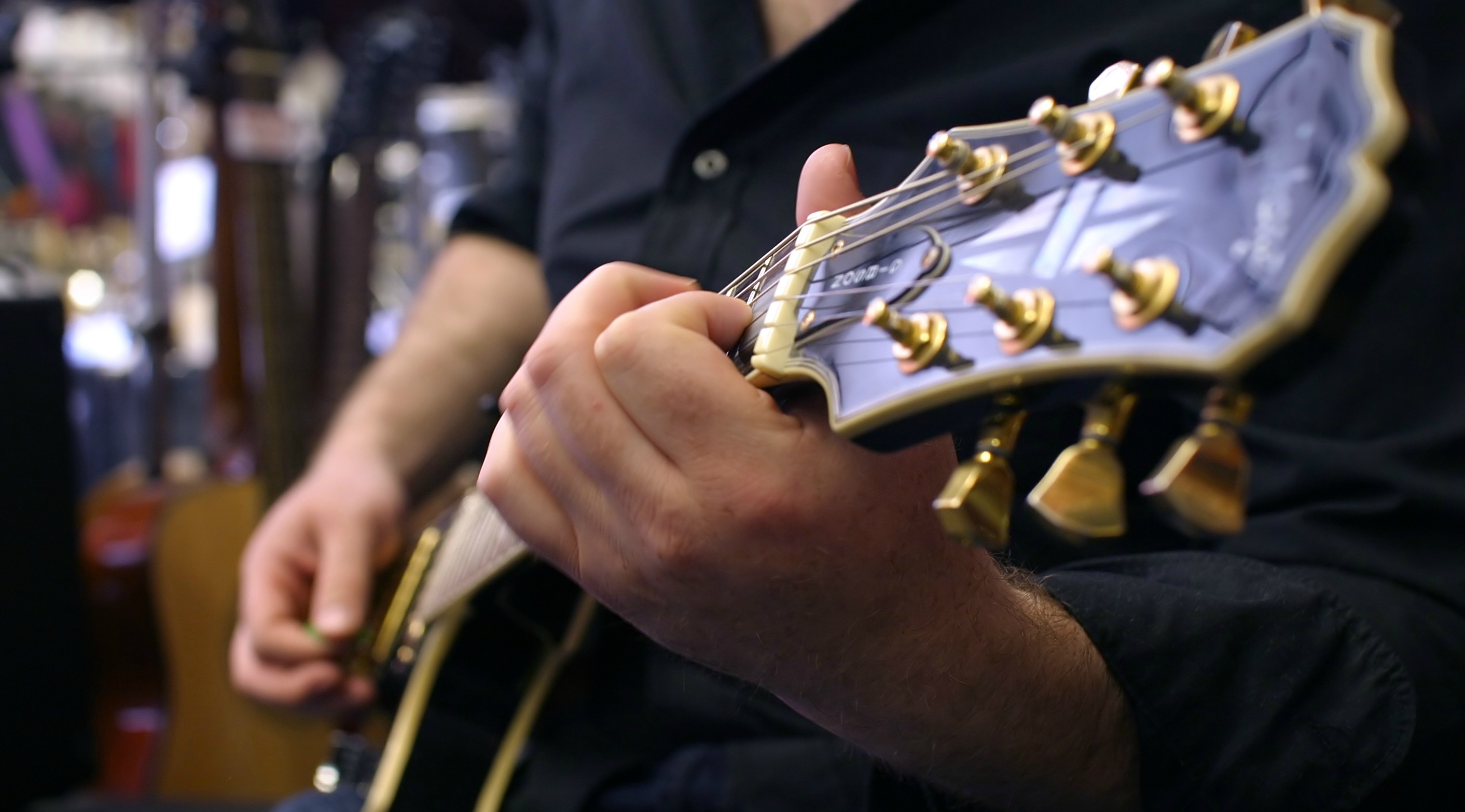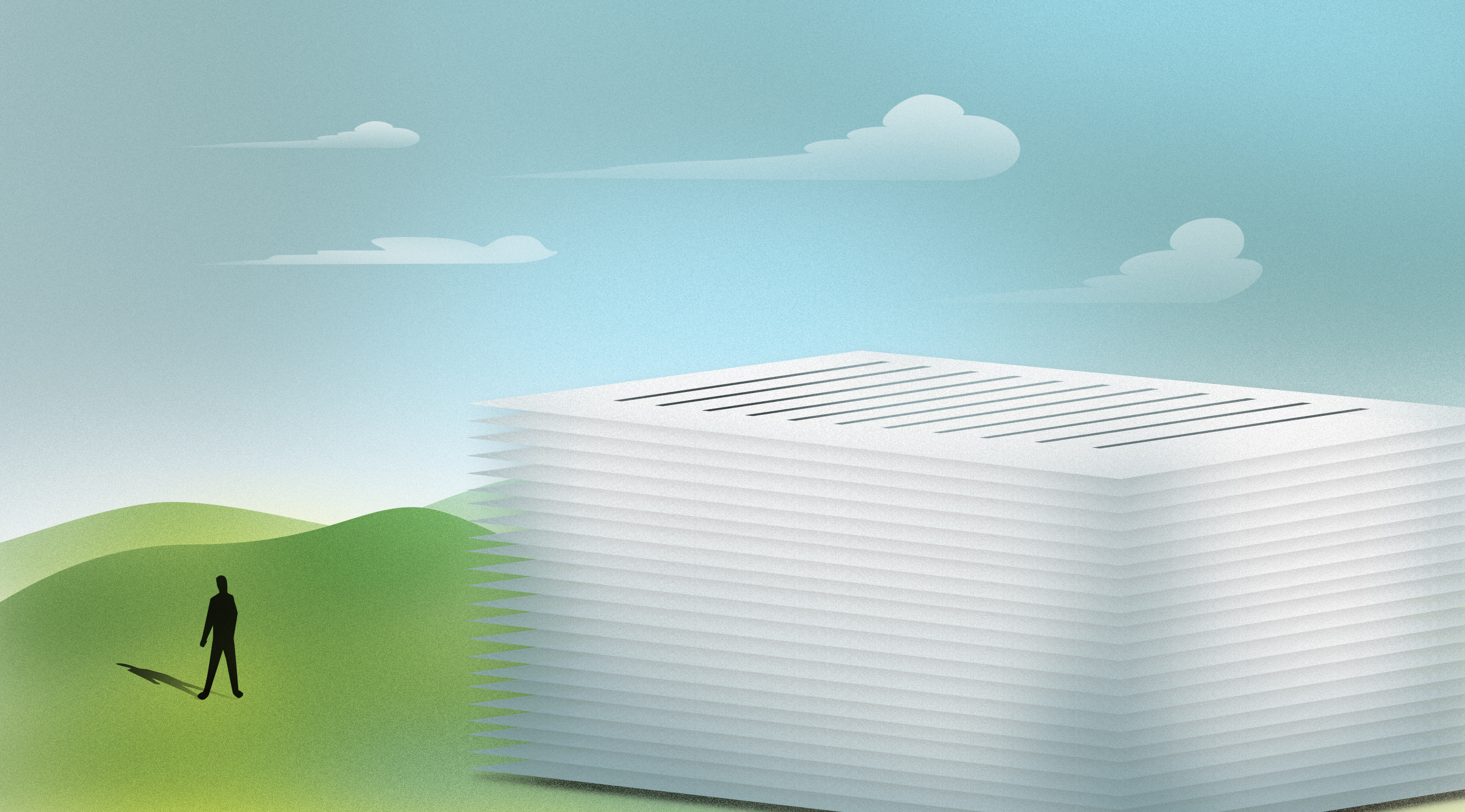What Being in a Band Taught Me About Social Media
How do you make a million dollars as a musician? Start with two million and tour for a year.
Yeah, it’s a groaner, but it’s also painfully true. Musicians spend countless hours and dollars crafting their music and the vast—and I mean vast—majority of them fail. The good news is that like most things in life, some of the greatest learning comes from failure. After I hung up my professional musician hat, I realized how similar the marketing life is to the musician life. Here’s what being in a band has taught me about branded social media.
Communication is Critical
I don’t mean the communication between your business and its customers. I mean internally. When multiple people are passionately working towards the same goal, it can get messy. The lead singer of one band I shared the stage with had an entire tour bus completely to himself, all because communication had broken down between the members. It was a costly byproduct of a bad internal culture.
Get your team members on the same page and make sure the communication is healthy. It’s one less roadblock on the path to success.
Set Realistic Expectations
So many musicians are under the illusion that, right out of the gate, they’ll be famous and everyone will love them. Similarly in social media, many brands think they’ll immediately garner a bustling online community that will have a positive impact on sales. Both the musicians and the brands are wrong.
Real social media growth takes time—and lots of it. I don’t mean days, weeks or even months, but years. It takes that long for a band to get a following and get a record label to take a risk on them. Many brands waste entirely too much time trying to make something “go viral” instead of setting realistic expectations. Yes, set the bar high and push yourself to achieve it. But make sure you are turning your long-term goals into short-term strategies.
And if you’re new to social, remember this: 99.9% of the people in these spaces were here before you. Listen first; talk second.
Passion is Key
The odds of winning a Grammy are worse than winning the lottery. There is no point in trying to be a professional musician unless you are passionate about the music.
Similarly, there are a million reasons why a Facebook campaign may fail. Your passion for your brand and for social media has to sustain you through the dark times until you begin to see light at the end of the tunnel. So if you’re not passionate about social media, hire someone who is. Passion is what powers effective musicians—and effective digital marketers.
Know Your Audience
Smart musicians write and perform to meet the expectations of their fans. After all, their fans are their consumers.
You know who your brand consumers are. But do you know who your social media consumers are?
With the evolution of the web and social media, the lines between social fans and customers are blurring. Some of your Facebook fans and Twitter followers may not be paying customers—yet—but if they’re in your social space, they’re influencing your customers. And they might have some good ideas for influencing your brand, too. So take the time to get to reach out and get to know these followers—even before they become customers.
Failure is Your Friend…and Word of Mouth is Your Frenemy
In the old days, if your latest album wasn’t great you could cover it up with glossy press releases or “payola” (illegally paying radio stations to play your music). Nowadays, if your music sucks, there is no covering it up. Why?
Social media has altered word of mouth. The internet and its users own your band (or your brand) online. They—not your advertising department—get to say how good you are. More importantly, people trust the opinion of a stranger online more than what you say about yourself.
The good news is that most of us learn more from what we do wrong than what we do right. These are not failures, but opportunities for optimization. So if your social promotion backfired and ruffled some feathers, admit your mistake, learn from it, and try harder next time.
It’s a great time to be great, and a terrible time to be terrible. Ask any musician—or social marketer.
What have you learned about social media from seemingly unrelated life experiences?





